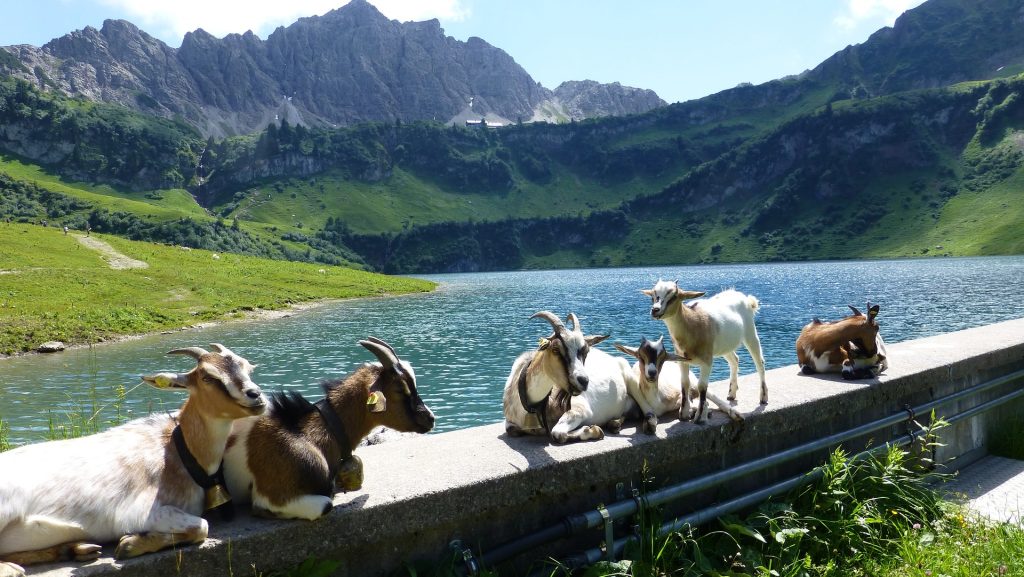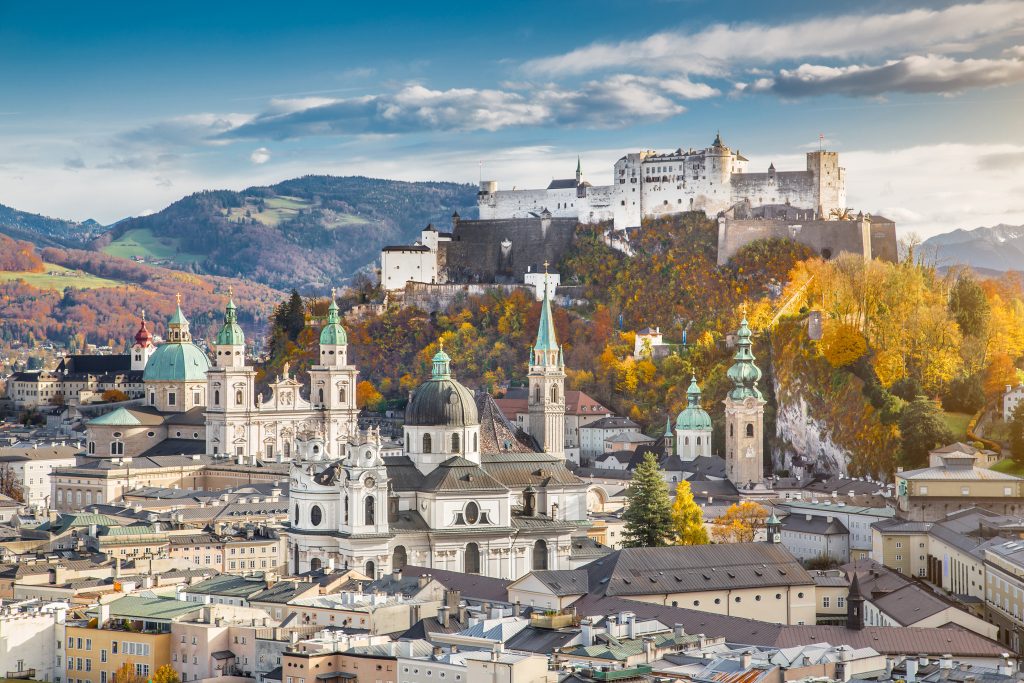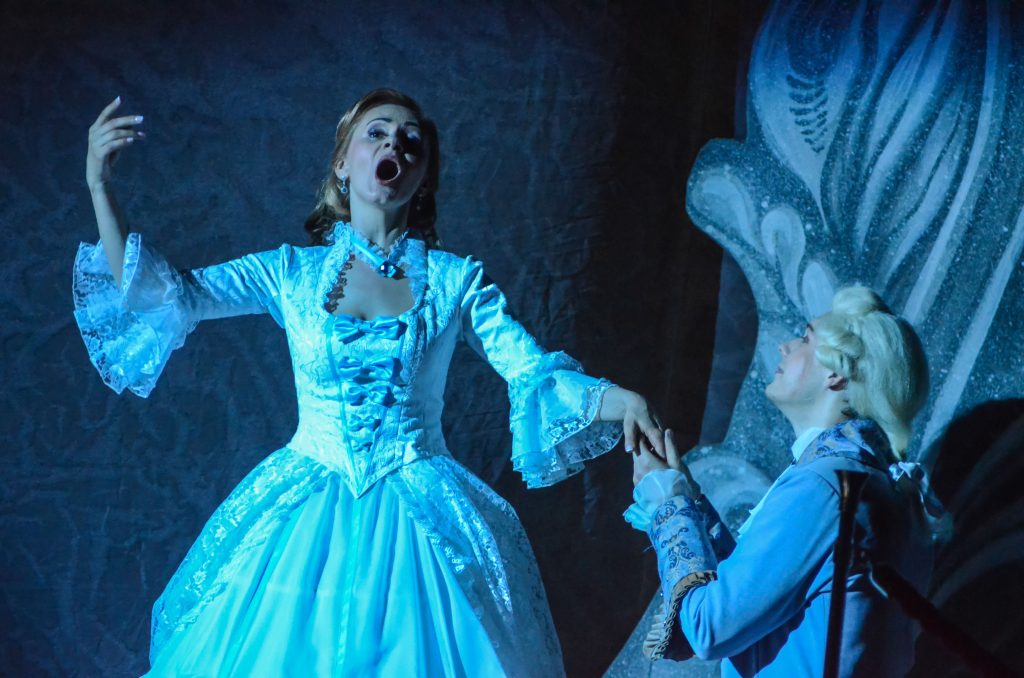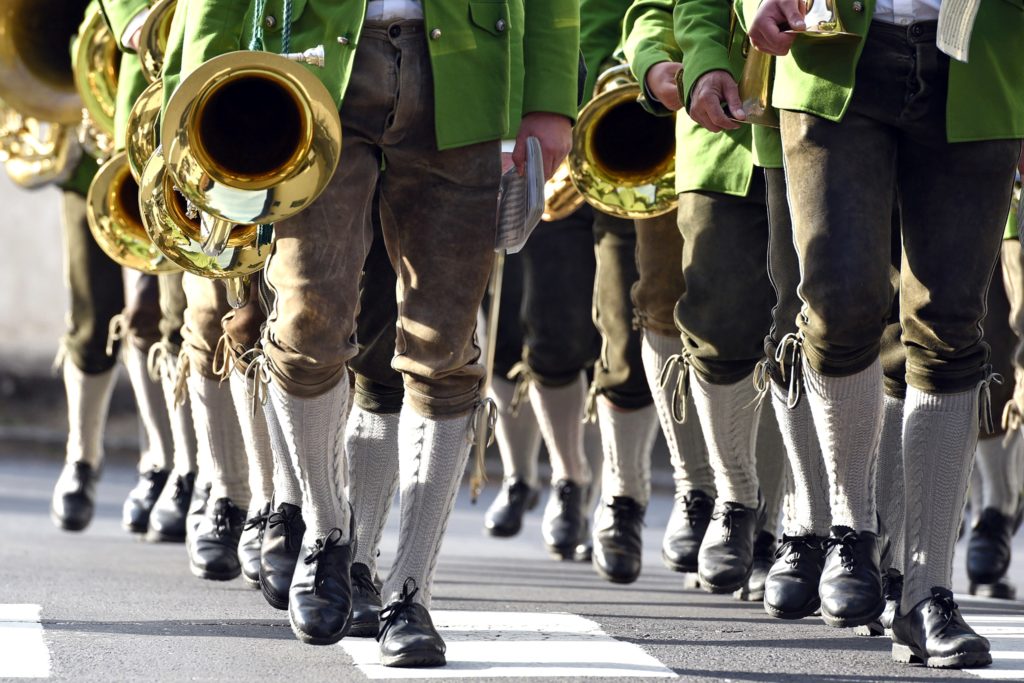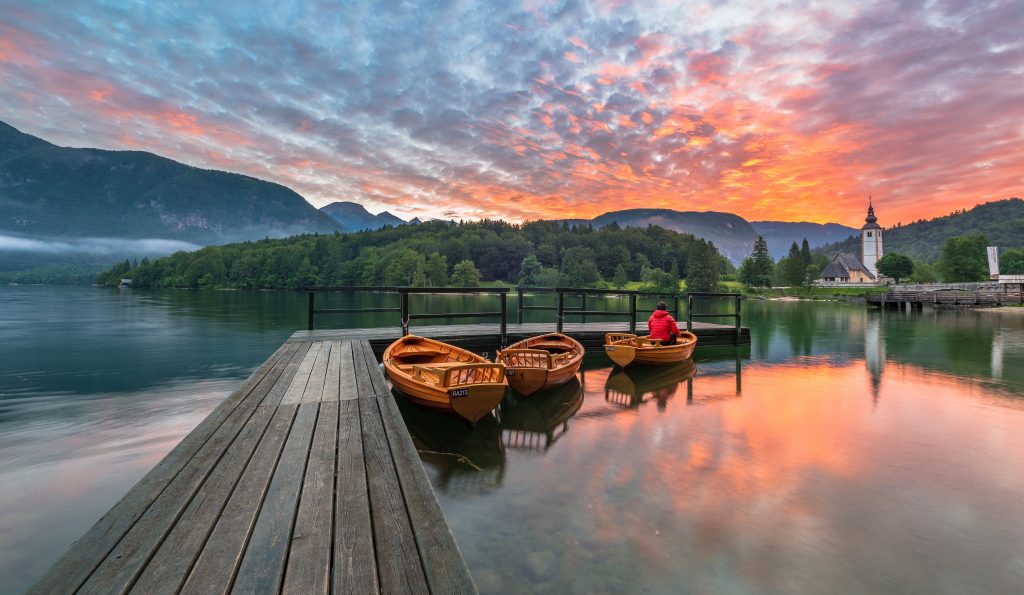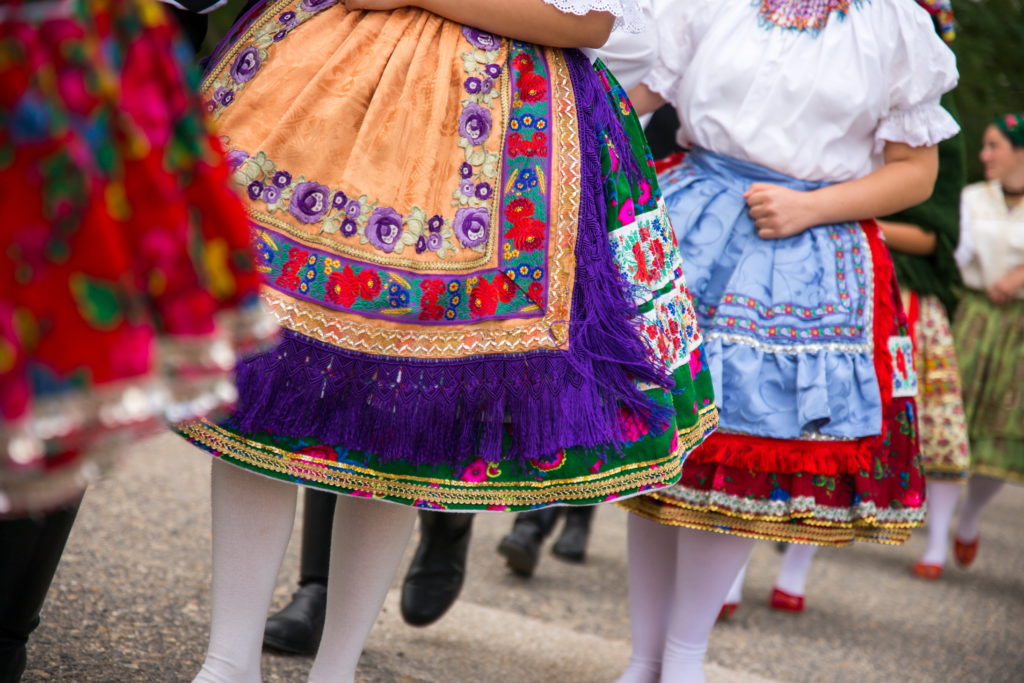Austria Where the hills, and streets, are alive with music
Strolling through Vienna with the Blue Danube playing in your head. Hiking in the Tyrolean Alps while humming Edelweiss. Walking in the footsteps of Mozart and Mahler, Schubert and Strauss (and the von Trapp family singers) is easy in Austria, where an imperial past led to musical greatness. Even Beethoven moved here from Germany and is buried in Vienna. After a day of eating divine cakes or exploring grand castles, you can relax with trip to the opera, or simply a gentle Moonlight Sonata.
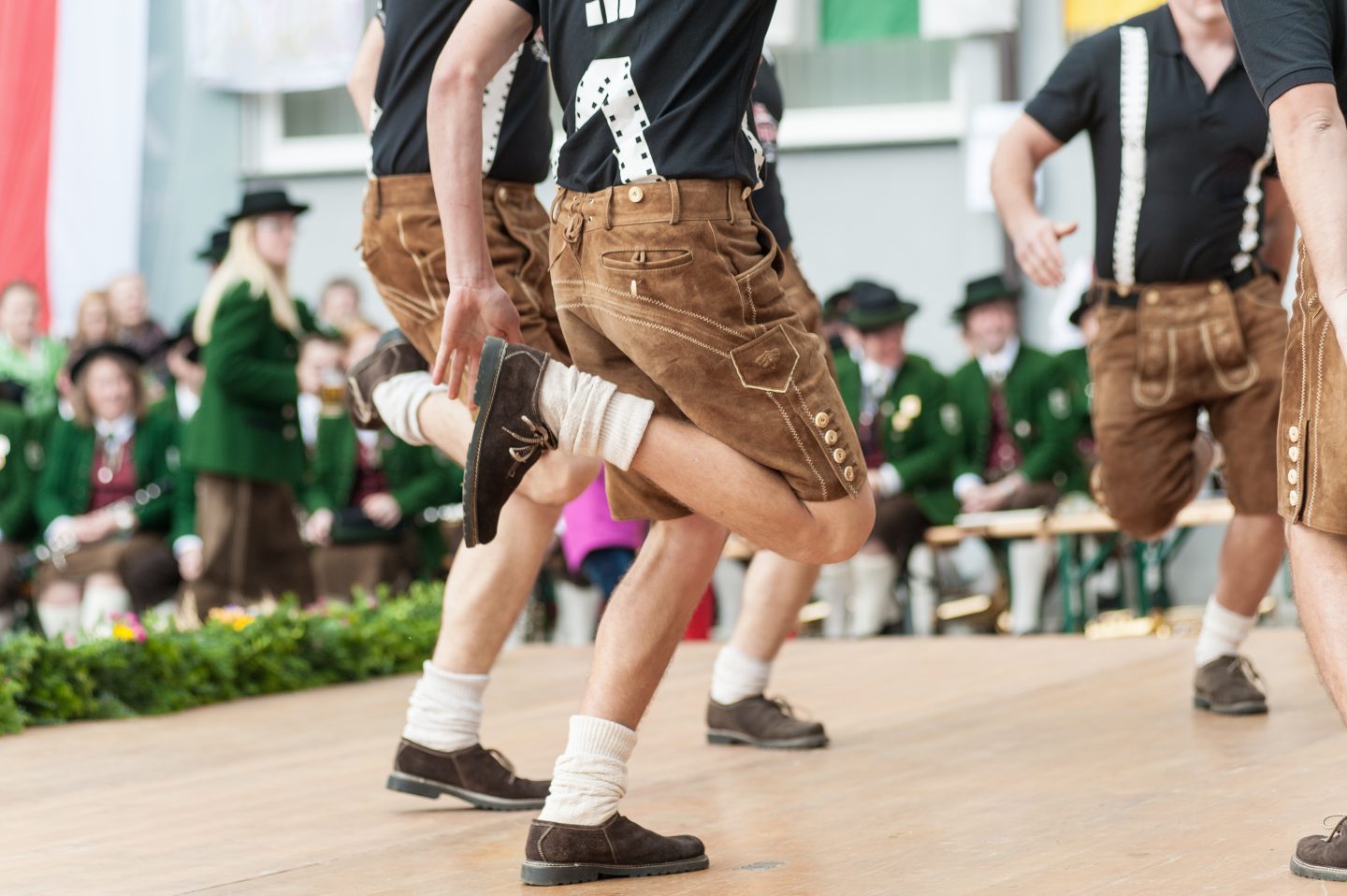

Where it is
Western Europe

When to go
All year

Why go there
Imperial history
Alpine scenery
Musical culture

What to see
Vienna
Tyrol
Salzburg
The imperial musical capital
With its grand palaces, lavish art collections and musical heritage, it’s clear that Vienna was once a great imperial capital. Its empire has shrunk but the city hasn’t.
Alpine splendour of Tyrol
The heart of the Austrian Alps comes complete with craggy peaks, lush valleys, ski resorts and the old royal city of Innsbruck.
The sound of Salzburg
It’s no surprise that the city of Mozart and Maria (von Trapp) is filled with music but it also has an impressive castle and lakes on the doorstep.
A night at the Opera Ball
The ultimate see-and-be-seen event is a highlight of the Viennese society calendar. Expect strict dress codes and elegant dancing until 5am.
Travel in Austria
It’s around 580km from Lake Constance in the west to Vienna in the east, making Austria roughly twice the size of Switzerland. Travel through the alpine terrain is easy thanks to excellent road and rail links, such as the direct Railjet service from Zurich to Innsbruck, Salzburg and Vienna. The geography of Austria is dominated by two main features: the peaks of the Alps and the plains of the Danube.
Austria facts
A landlocked mountainous country at the heart of Europe. No, not Switzerland but its neighbour (and sometime nemesis) Austria. It borders on eight other countries, half of which were once part of the Austro-Hungarian Empire. Under the Habsburg dynasty, that empire ruled much of eastern Europe until its collapse in 1918. What was left became the federal republic of Austria, a neutral nation that is now also a member of the European Union.

Time zone
UTC+1

Flight time
1 hour flight from Switzerland or by train

Local currency
Euro

Dialling code
+43














